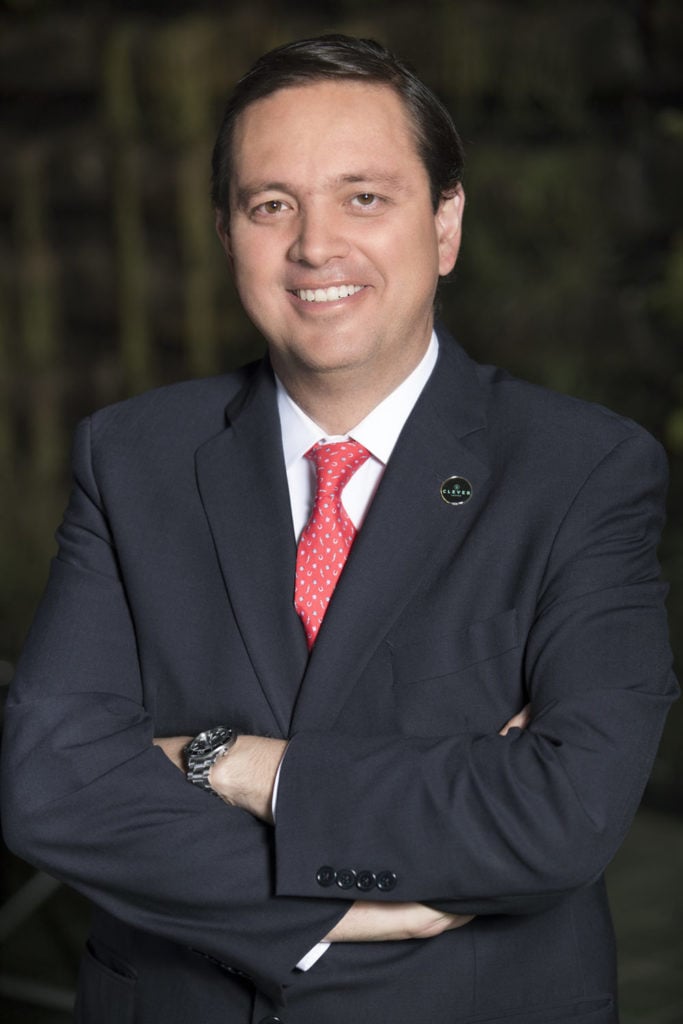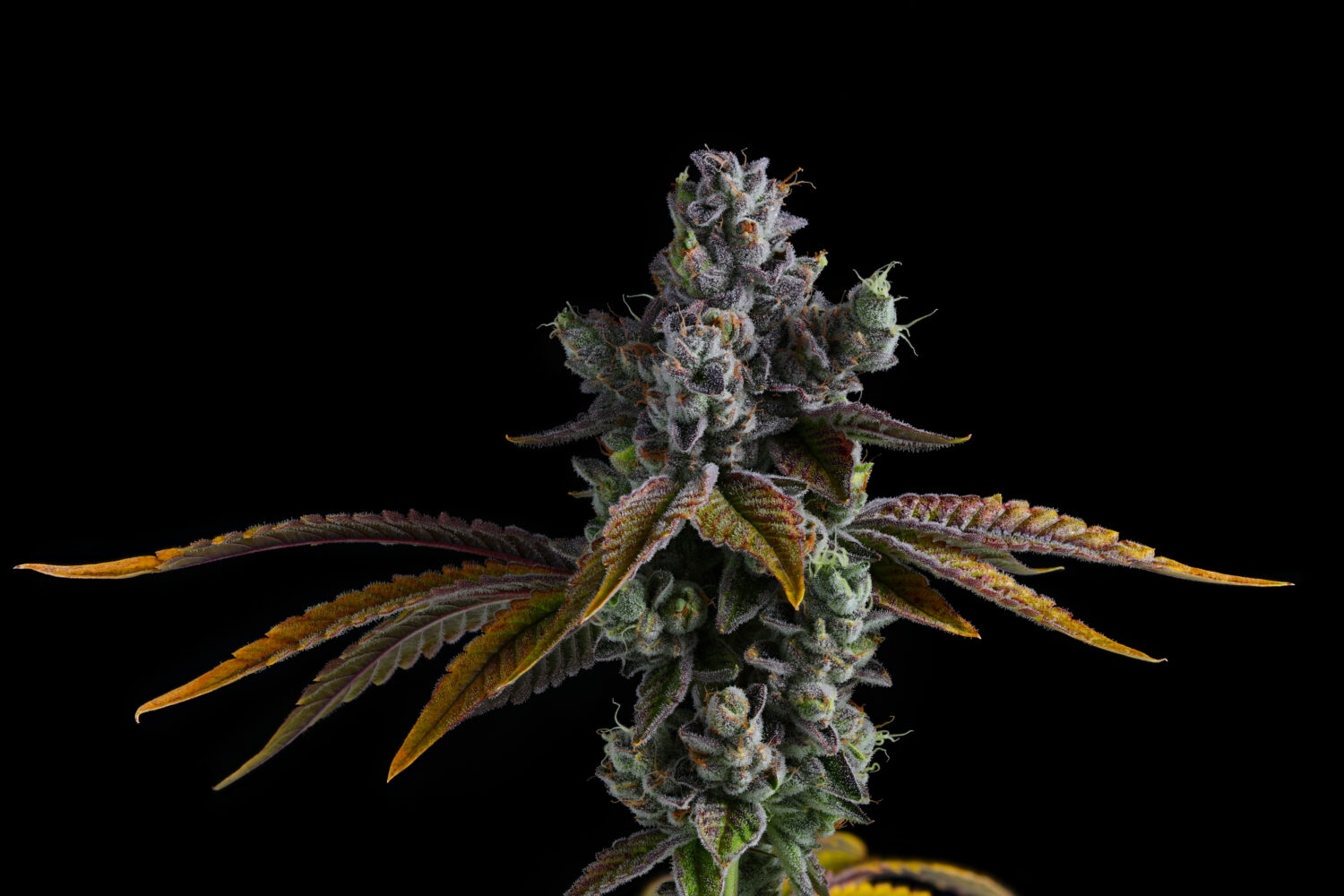COLOMBIA STARTS UNIVERSAL CANNABIS HEALTH INSURANCE
COLOMBIA STARTS UNIVERSAL CANNABIS HEALTH INSURANCE Colombia’s state-funded health insurance now covers medical cannabis. Those already operating in the country are obviously hyped as they prepare to meet the uptick in demand. Clever Leaves is one of the best positioned to take advantage of that expected surge. Clever Leaves was founded in 2016 by Andres Fajardo, a…
COLOMBIA STARTS UNIVERSAL CANNABIS HEALTH INSURANCE

Colombia’s state-funded health insurance now covers medical cannabis.
Those already operating in the country are obviously hyped as they prepare to meet the uptick in demand. Clever Leaves is one of the best positioned to take advantage of that expected surge. Clever Leaves was founded in 2016 by Andres Fajardo, a longtime business partner, and The Former Drug Policy director of Colombia. Think more of someone that ran the Office of National Drug Control Policy that falls under the executive branch as opposed to the head of the Drug Enforcement Administration (DEA).
“We saw an opportunity because the legislation was changing early on and we thought Colombia has what it takes to win in the global cannabis market, given its cost structure and agricultural conditions,” Fajardo told L.A. Weekly from Colombia.

Andres Fajardo
Fajardo and his partners were also excited to have a hands-on way to help further influence the regulations that would be coming down the pipeline and take part in an essential step for the nation’s cannabis history.
While things are happening fast, a lot of that history has long been attached to epic land-race genetics that made their way to the coastal Santa Marta region nearly 1,000 kilometers north of the capital Bogota. The most famous being the Colombian Gold that lived to its name because if the packs made it to the other side of the Caribbean, someone was getting rich.
While the laws changing in the late 2010s was certainly a factor, the core of the policy that allowed for medical cannabis in Colombia was a law from 1986.
“The law passed but the decree and the more granular pieces of legislation were not there. But they passed some, some of that in late 2015,” Fajardo explained. “The opportunity opened, we got a license, but then, during 2016 and 2017, there was a change in regulation.”
That change was the breathing room they needed to start the building blocks of a true industry in Colombia. By January of 2018, they had scored some extra capital from the U.S. and were in full swing. They’re now up to 1.8 million square feet of cultivation.
When they first got the ball rolling, they were only allowed to do extracts. But all that has changed.
Fajardo argues that most of the cannabis being grown in Colombia right now is being targeted for smokable flowers. Sure, they’re still growing the materials for extract, they’ve been exporting it for a few years already. Now it’s about prepping the next big export, smokable flower. Everything Clever Leaves needs to export flowers has already been enacted over the last two years; it expects to start exports in the first quarter of 2023.
The biggest markets off the bat for Clever Leaves are expected to be Germany and Australia.
Fajardo says a lot of the company’s growing pains were experienced in their Portuguese facility back in the day. That is where they learned the important lessons about growing smokable flowers compared to bulk extract biomass, and not the terp-heavy kind stuffed in freezers in California.
Another thing playing into their favor is, they’ll be able to grow a lot of different cannabis across their cultivation portfolio cheaply in hopes of having something that speaks to everyone.
“The cost of the Colombian capacity that we have allows us to launch more and more strains more easily than in other countries,” Fajardo said. “So we expect to be expanding our flower portfolio very significantly during 2023 and the years thereafter.”
Fajardo says Colombia’s natural light cycle and weather will play a big factor in that. The days are basically 12 hours of sunlight and darkness each, year-round, and then they just have to adapt for the drier and wetter seasons, which Colombian agriculture is long accustomed to doing.
Fajardo went on to explain what Colombian patients have had to deal with over the last few years, prior to the federal insurance plan. He believes access has been very difficult for patients, particularly in a country like Colombia, with universal health coverage. The further normalization of the industry is now allowing the industry to build up to meet demand.
But what makes being a medical cannabis company in a universal healthcare environment tricky?
“Colombian people are not used to spending out of pocket at all because everything is paid. So when you ask them to pay $6, they are OK. But if you ask them to pay 20, 30, 40 bucks, people will just not do it,” Fajardo said. “Now the question is, is the medicine going to be available and affordable? Now with this change, the market expands abruptly because it’s 50 million people, all of us insured. So that poses a very attractive possibility. “
We should have an idea over the next few months of the level of demand they can expect in the Colombian medical market.





